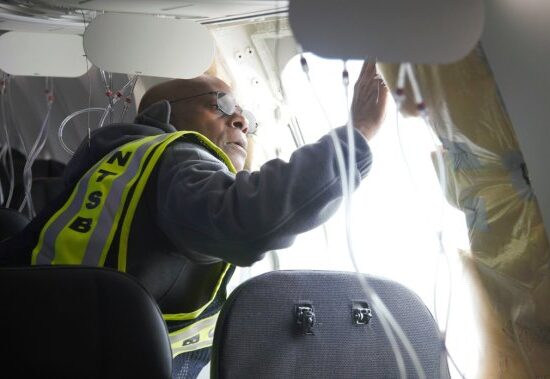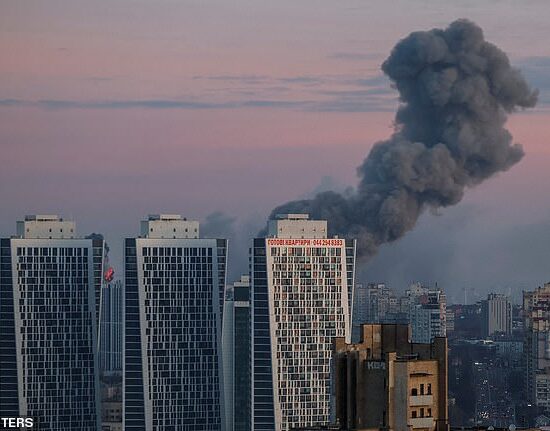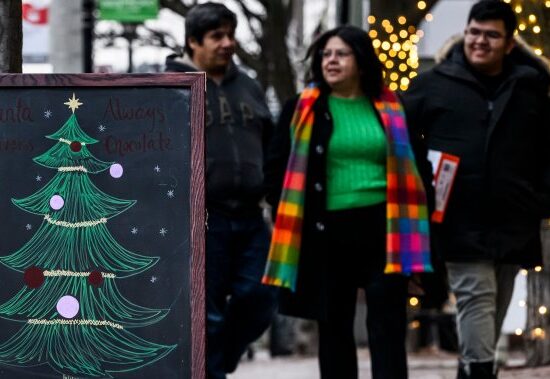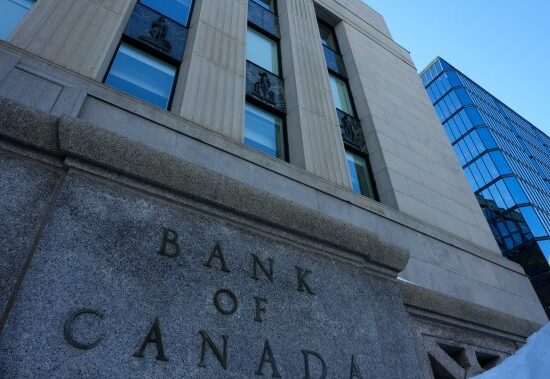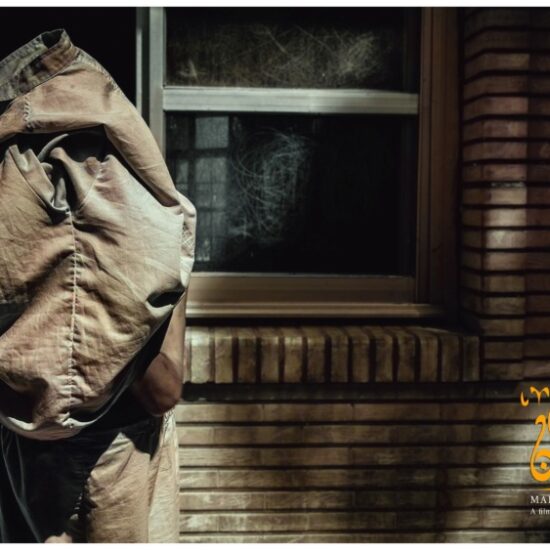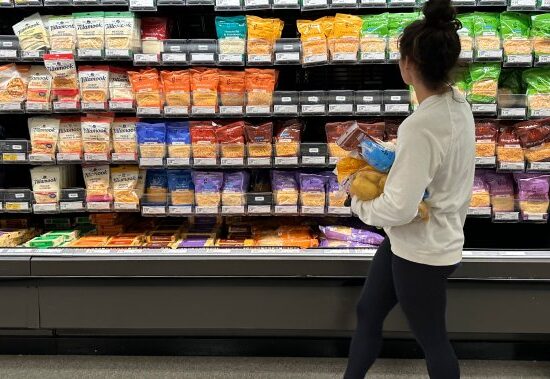
Foreign Affairs Minister Melanie Joly says Canada is more resolute than ever in its support for Ukraine as its war with Russia continues after 100 days.
In an interview with The Canadian Press, she said Canada would continue to provide weaponry and other help while applying pressure on Russia with fresh rounds of sanctions.
“Our goal is to make sure we put maximum pressure on Putin’s regime,” she said.
Canada has been inspired by Ukraine’s resolute defence of its country, she said, and would continue to back the beleaguered country as the war reaches its “third phase.”
“The will Ukrainians have demonstrated is incredible and inspiring,” she said. “Nobody thought that Ukraine at the beginning of the war would be able to fight back as they have been able, and are still fighting back and they are not backing down.”

After talks with counterparts from Lithuania, Latvia and Estonia in Quebec City, Joly confirmed on Friday that Canada has increased the deployment of Canadian troops to Latvia, which borders Russia.
The intention to boost Canadian Forces in the Baltics was announced by the prime minister in February. Canada leads a multinational NATO battlegroup in Latvia, one of four in the Baltic states and Poland designed to deter a Russian attack.
“We had 700 troops and we are increasing that now by 450,” Joly said. “We are now 1,300 troops in Latvia. We also increased our presence by making sure there is another frigate in the Baltic Sea.”
Joly said Canada is also preparing “to put 3,400 soldiers on standby for NATO.”
She said Canada is playing a key diplomatic role in support of Ukraine to “keep a strong unity” with the United States, European Union and other allies.
U.S. President Joe Biden this week said he would supply Ukraine with longer-range rocket systems, while Germany promised to send an air defence system.

Joly said it “was important for the U.S. to send heavy weaponry this week” and Canada would also send more weapons.
She said she has held talks with the United Nations, EU and G7 about a possible diplomatic solution to help Ukraine get millions of tonnes of grain out of its port of Odesa, which is being blockaded by Russia.
Countries in Africa and the Middle East that rely on Ukrainian wheat as a staple food are facing hunger, the UN World Food Program has warned.
Joly said Ukraine needed “to be comfortable with the diplomatic solution because their own security must be ensured.”
She said Canada was prepared to send vessels to Romanian ports to ship out the grain and to support its transport by rail and barge to neighbouring European countries.
The minister said she spoke about further support for Ukraine with Gabrielius Landsbergis, Lithuania’s foreign affairs minister; Zanda Kalnina-Lukasevica, Latvia’s parliamentary secretary for foreign affairs; and Eva-Maria Liimets, Estonia’s foreign affairs minister.
The Baltic states were invaded by the Soviet Union in 1940, and then by Nazi Germany in 1941. They were reoccupied later on in the Second World War, becoming part of the Soviet Union until 1991.
“Because they are at the edge of Russia, they understand and feel it every day the threat that Russia poses,” Joly said.
© 2022 The Canadian Press











